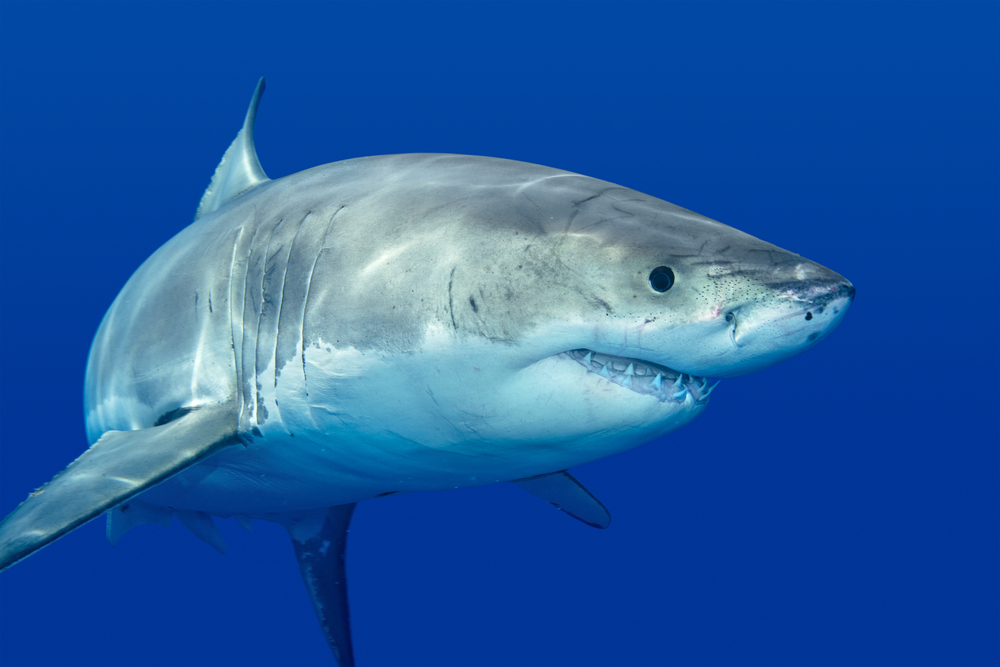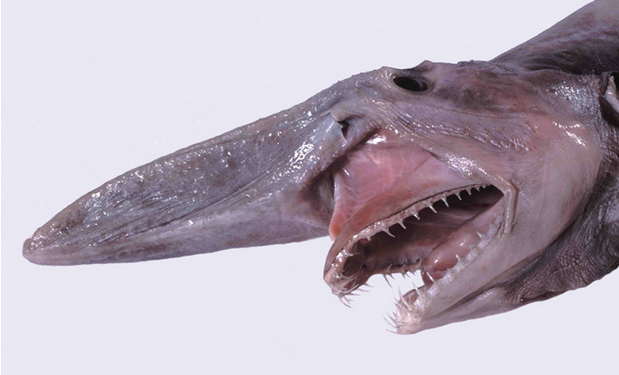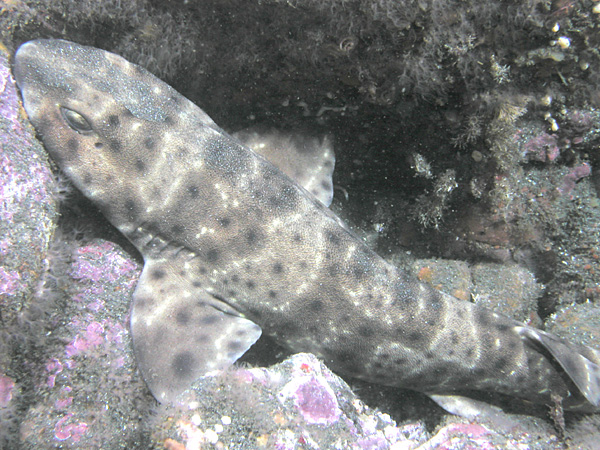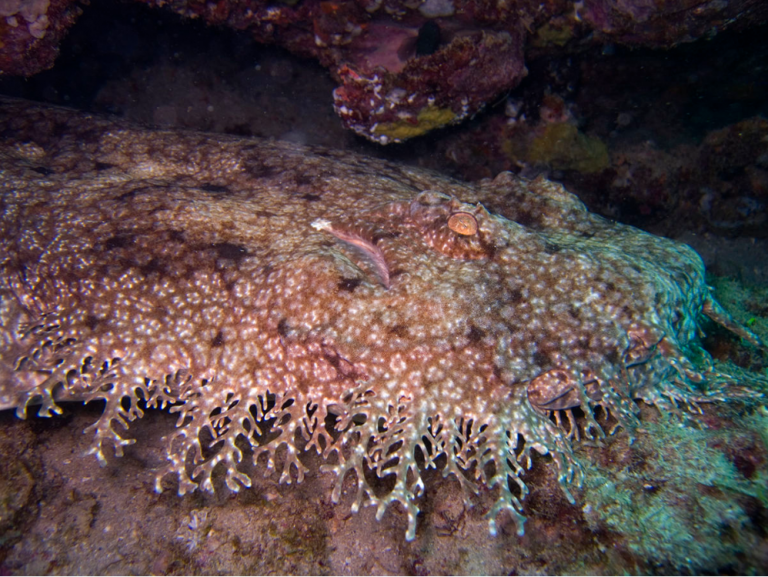Just Like Humans, Sharks Have Personalities Too.
According to scientific research, sharks have personalities too. While some are shy and fearless, others are bold risk-takers.

Some sharks may really be nicer than others of their kind, or the shark equivalent of nice. At least that’s what a paper published in the Journal of Fish Biology seeks to prove for the first time ever. That sharks have distinct personalities different from one individual to the other.
Just like we humans do.
Though media reports paint some species worse than others, sharks generally have a bad reputation.
But, species like the Great White Shark (Carcharodon Carcharias) for example, have the worst of it. You’ll read phrases like “white death” in reference to these creatures but some divers have stumbled across these same great whites sharks in the open waters without incident.
Whatever the case, the great white’s reputation as a merciless and ruthless man-eater still persists.
But the question remains, should an entire species of sharks be generalized in that way?
Jean Sebastien Finger, a biologist based at the Bimini Biological Field Station seeks to answer that question and more.
The Experiment On Sharks
For about one year now, Finger has been working to determine if sharks have personalities or not. Specifically, can a shark be described as shy or bold? A risk-taker or timid? Fierce or mellow?
This kind of behavioral analysis is not new among animals and it focuses on investigating “behavioral syndromes.” It’s been done on several other species of animals but Finger’s research seems to be the first recorded one on sharks.
The experiments of Ivan Pavlov on dogs back in the 1920s is an example of this kind of research. Another researcher, Jane Goodall, described the personality of one chimp she worked with as different from another chimp’s, just like “as chalk from cheese” in her own words.
In Finger’s case, he studied juvenile Lemon Sharks (Negaprion Brevirostris) again and again.
In the first set of tests, he focused on how they interacted with each other and those that chose to remain alone.
In the second set of tests, he checked their interest in novelty; their curiosity in a new environment. His team placed the young sharks in a pen and documented how long it took each one to explore the pen.
He later presented the preliminary test results at the Joint Meeting of Ichthyologists and Herpetologists in Albuquerque, New Mexico.
His conclusion? Individual lemon sharks have different degrees of sociability and novelty-seeking.
“They are not machines, they have personality” – Jean Sebastien Finger
Interpreting Shark Personalities
Another interesting angle to Finger’s work is the interpretation of these results.
Apparently, the sharks that were more interested in novelty appeared less social, and vice versa. In his analysis, Finger suspects that those animals that have the safety of a group take fewer risks. But the novelty-seekers (risk takers) prefer to venture off on their own and, although they were more prone to danger, they don’t have to share the food they find with the others.
Just like how in the human world, the people we regard as risk-takers and game-changers aren’t always so good at working well with others.
Another Study On Shark Behavior
In yet another study on shark personalities, researchers used Port Jackson Sharks (Heterodontus Portusjacksoni) and ran two different tests on them.
One to test their boldness while the other tested their reactions to stress. The animals were placed in a small enclosure within a larger tank and timed on how long it took each individual to poke just parts of its body, then its whole body out of the enclosure.
The results showed that some were faster at taking risks than others. Just like the first test mentioned above.
Based on these behavioral differences, the researchers are sure that boldness isn’t a behavioral pattern common across all members of the same species. Instead, it varies from one individual shark to another.
In their words, “some sharks are shy, and some are outgoing.”
This may also explain why two sharks of the same species would meet a diver in the water and one would quickly swim off while another would come closer “for a better look.”
With time, this kind of study could help correct some assumptions about shark behavior.
For one thing, it could help scientists understand better their choice of prey, habitat, and so on.







I really pray that no Sharks were hurt in these so-called experiments??
I love sharks!
the sea is salty from all the tears of misunderstood sharks.
it’s time!